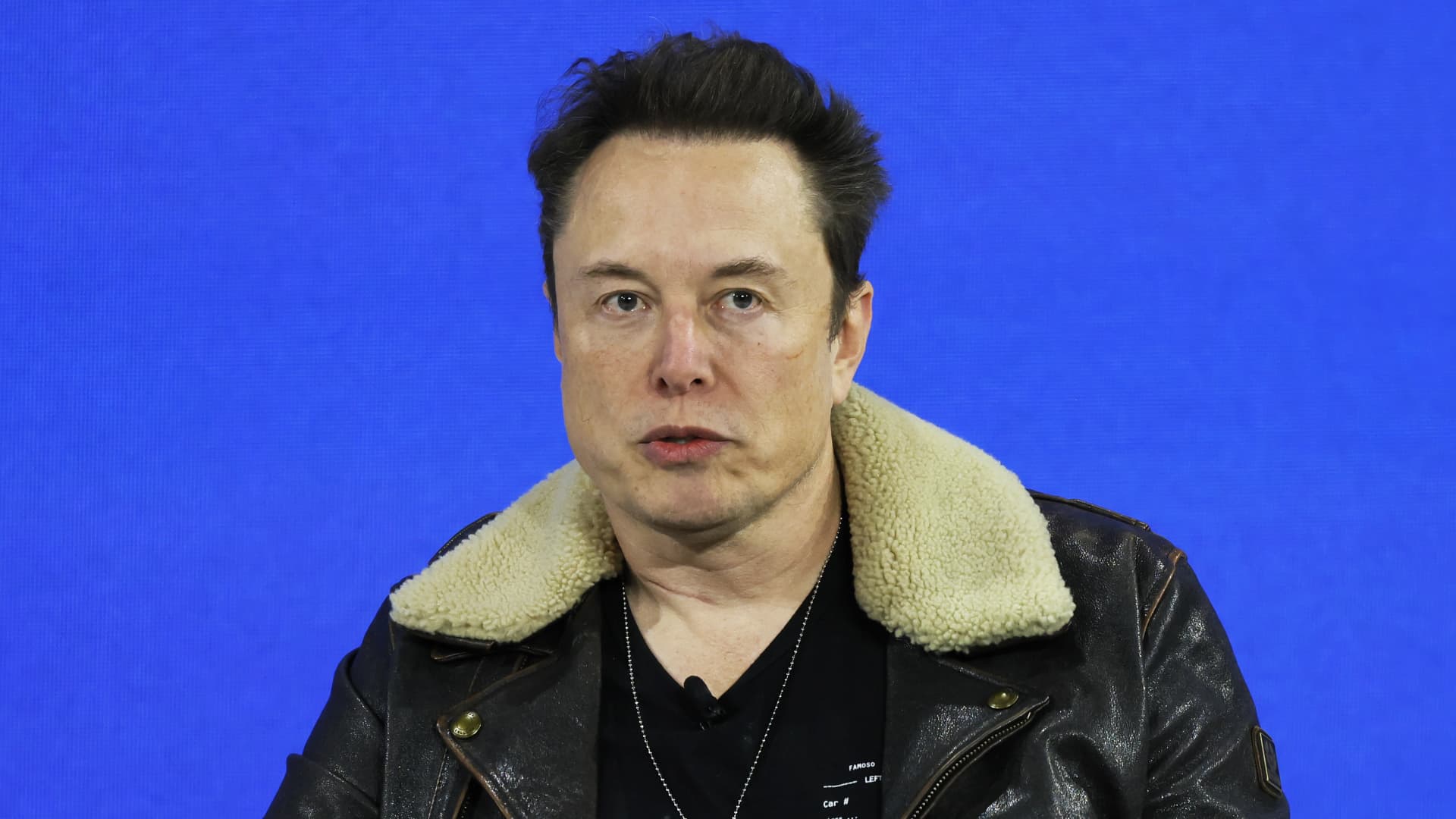Tesla‘s troubles with labor unions in Scandinavia deepened on Thursday, as it lost legal action against Sweden’s postal service over its refusal to deliver licence plates to the U.S. electric vehicle giant.
The postal service’s workers blocked Tesla license plate deliveries late last month in a show of solidarity with mechanics striking over the company’s refusal to sign a collective bargaining agreement with employees, which is customary in Sweden.
Tesla filed a lawsuit against the Swedish Transport Agency and the postal service, but a Swedish court ruled on Thursday that PostNord will not be forced to deliver license plates for now.
Union members across a host of Swedish industries have joined the secondary strike action with members of trade union IF Metall, who have been embroiled in an ongoing battle with Tesla for around six weeks.
Earlier this week, Denmark’s largest trade union announced its own sympathy strike to prevent Tesla cars being delivered to Danish ports and transported into Sweden.
Norway’s largest private sector union then on Wednesday announced its intention to begin blocking vehicle shipments destined for Sweden from Dec. 20.
Finnish transport workers’ union AKT on Thursday confirmed that a blockade on Tesla vehicles earmarked for Sweden would also come into force across all Finnish ports from Dec. 20.
AKT Chairman Ismo Kokko said collective agreements for workers were “an essential part of the Nordic labor market system,” according to Finnish newspaper Helsingin Sanomat.
Meanwhile, one of Denmark’s largest pension funds on Wednesday announced that it would sell its holdings of Tesla stock over the U.S. giant’s refusal to enter into agreements with labor unions. PensionDanmark sold the shares at a market value of 476 million Danish krone ($68.8 million), according to Reuters.
PensionDanmark told CNBC on Friday that its approach to responsible investments is “based on international conventions and agreements, including the ILO conventions regarding labor rights.”
“If a company does not live up to our policies, we initially try to influence the company through active ownership – both directly and in coordination with other shareholders. This has also been the case in relation to Tesla,” the pension fund said in an emailed statement.
Should the fund assess that it is not able to exert sufficient influence on a company, as has transpired with Tesla, it may decide to exclude that business’ shares from its holdings.
“Seen in the light of the fact that the conflict is now spreading to Denmark as well as Tesla’s recent very categorical refusal to sign an agreement in any country, we have come to the conclusion that we as investors currently hardly have the opportunity to influence the company. And that is why we are now putting Tesla on our exclusion list,” PensionDanmark added.
Tesla’s policy of not pursuing collective bargaining is meeting a broad ideological stalemate — such agreements between employers and workers serve as a lynchpin for Scandinavian economic models, which guarantee workers the right to negotiate wages, vacation, overtime pay and other conditions.
Tesla did not immediately respond to a CNBC request for comment.

ivermectin 6 mg without a doctor prescription – purchase stromectol online buy carbamazepine generic
buy clavulanate no prescription – buy augmentin 375mg pills cymbalta over the counter
order prilosec 20mg without prescription – buy generic lopressor over the counter atenolol 100mg without prescription
methylprednisolone drug – buy lyrica 150mg online cheap purchase aristocort without prescription
oral zovirax 800mg – order allopurinol 300mg online cheap purchase crestor online cheap